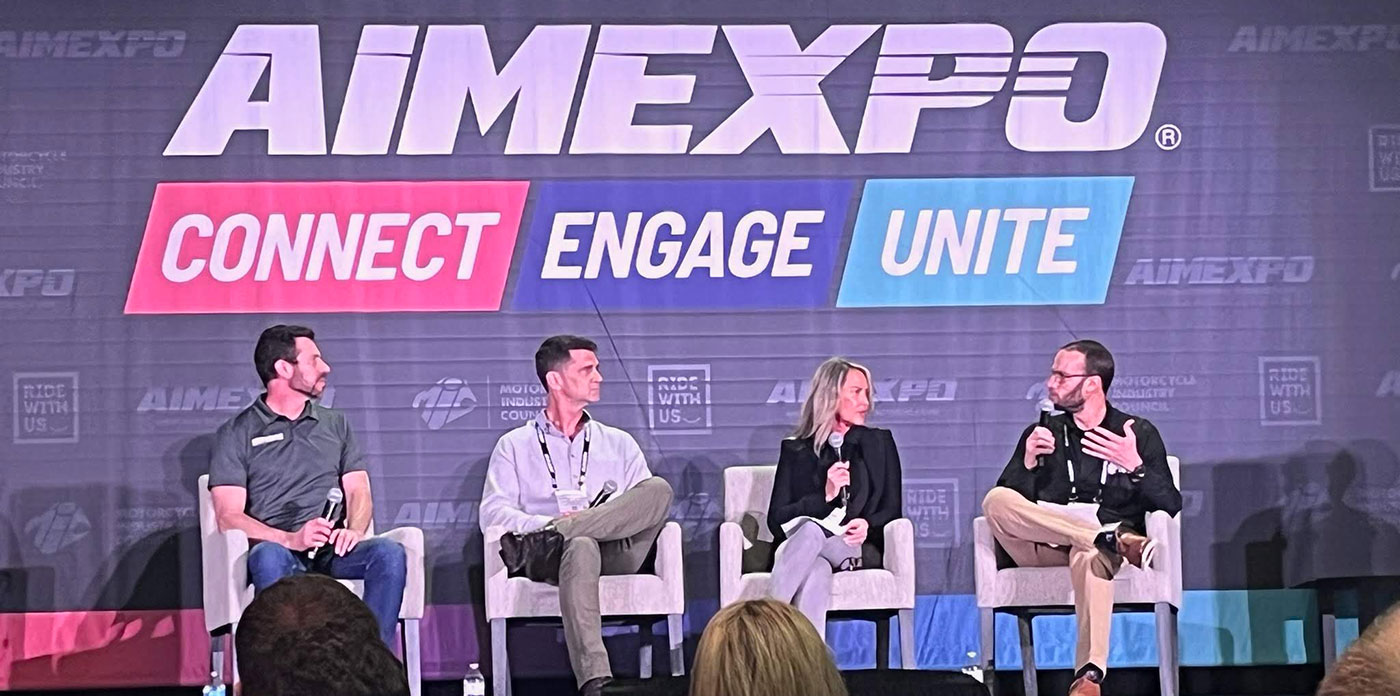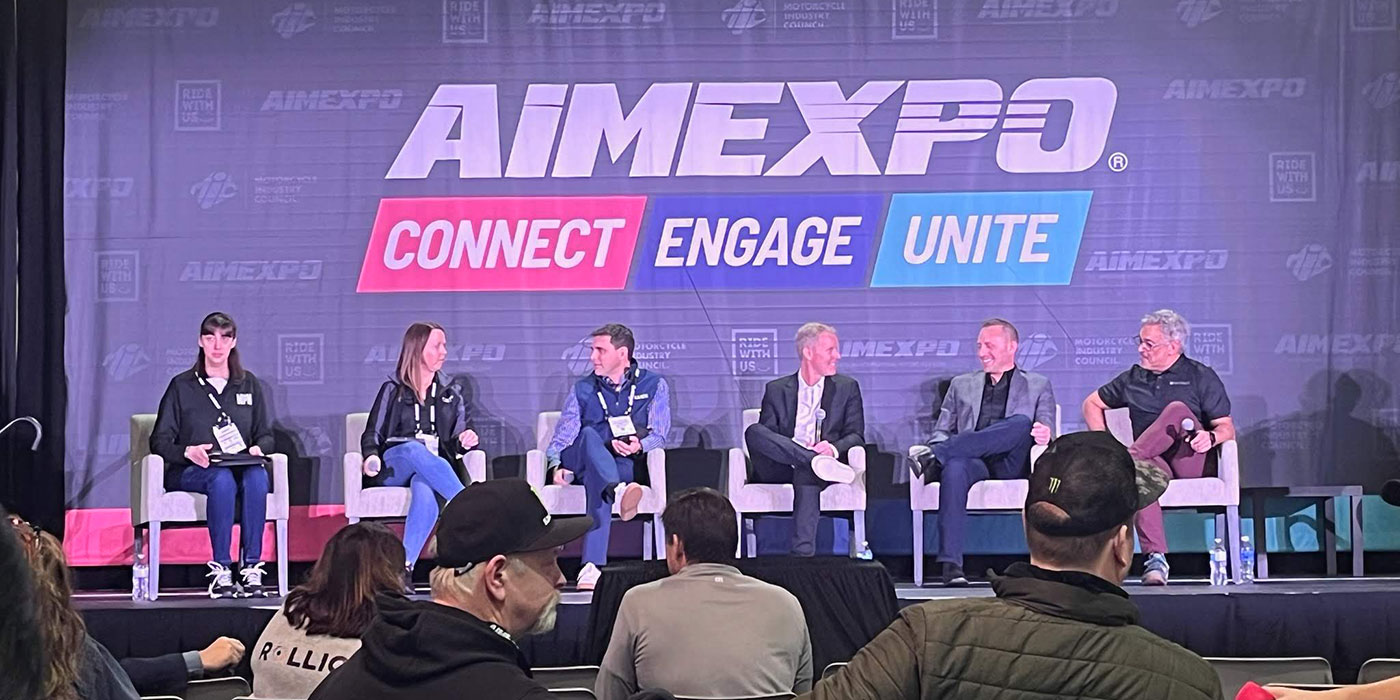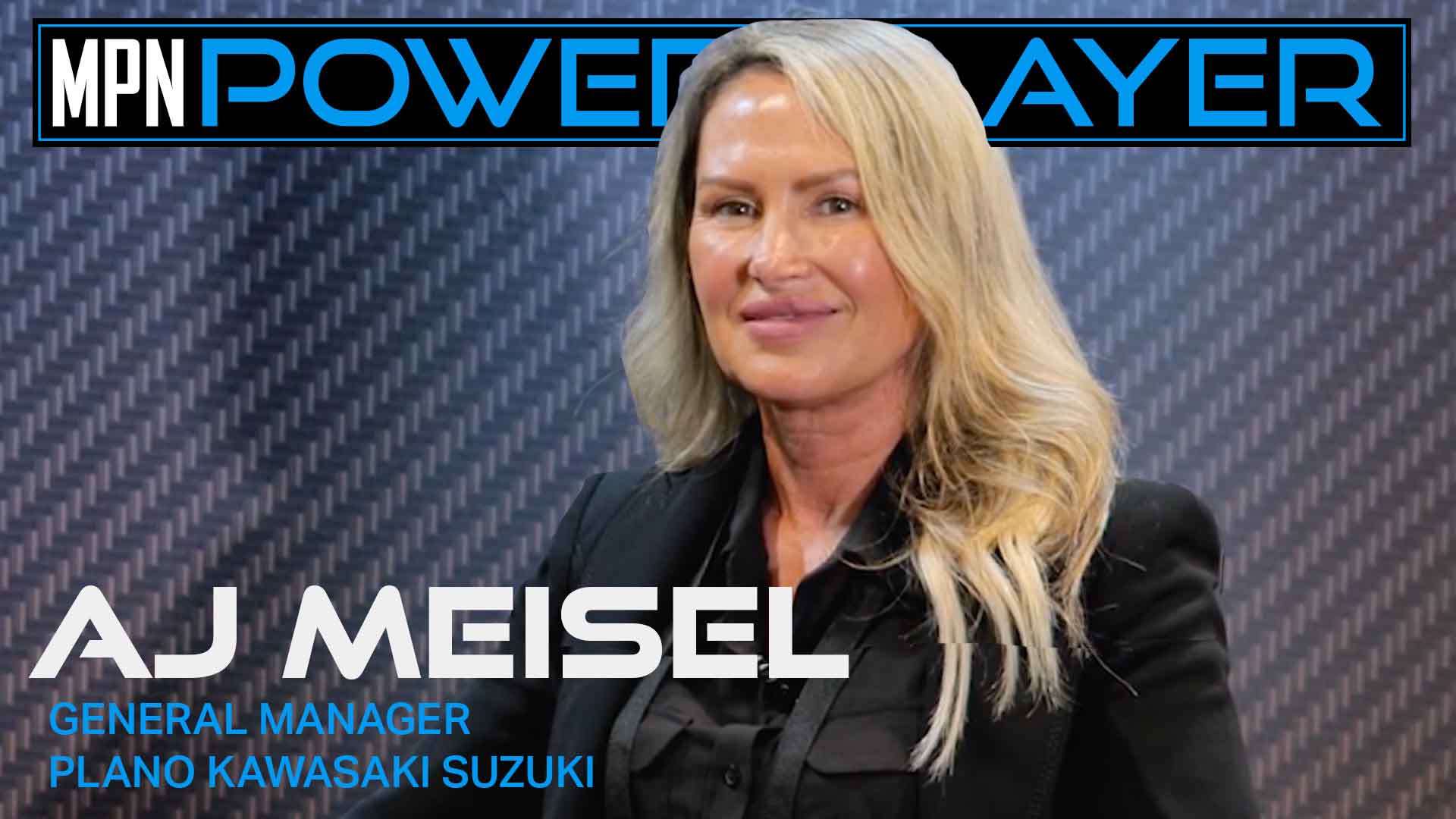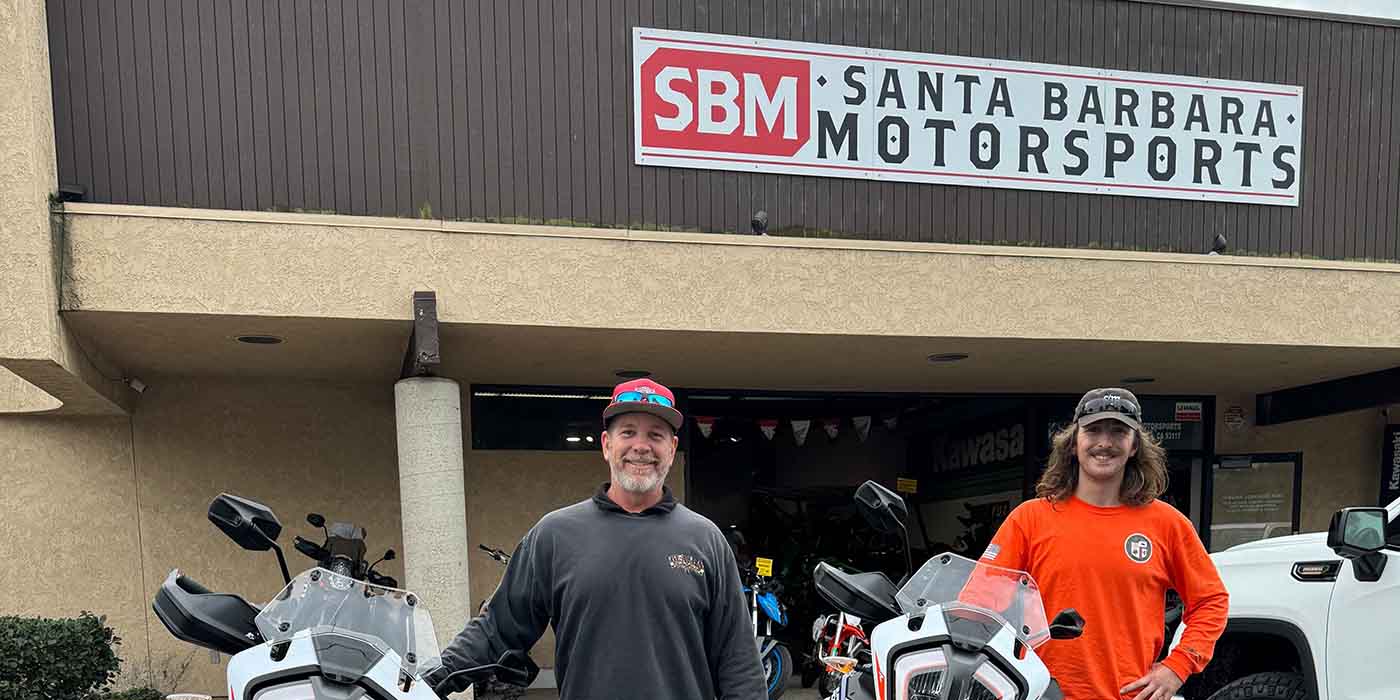We brought the whole Otis Hackett Group crew to our Indiana office for our annual ride, so I called the local Harley dealer well in advance to reserve bikes.
On Thursday, the person on the phone said they’d have someone call me back after lunch. On Friday I called back, and after being on hold for about five minutes, someone, presumably the right guy, answered, “Yeah.”
“Hi, I called yesterday about renting a few bikes,” I said.
“Yeah, what kind do you want?” was his reply.
“Well, what will you have available?” I asked.
“Whatever you want.” He snarled.
“Do you need my credit card to make sure they’re there?” I questioned.
“Nope. What’s your name?” he asked.
I told him my name and he promptly hung up. I called back the next day to confirm and spent five more minutes on hold listening to the recording go on and on about how they pride themselves on customer service.
The most frequently heard “first exchange” between a customer and a dealership employee is, unfortunately, “Excuse me, do you work here?” As hard as I tried to not say that after we arrived at the shop, after about 30 minutes of hanging around the fairly empty showroom, I had to say it. What was the answer? Was it, “Yes, how may I help you? How may I direct you? Can I point you in any particular direction?” No, the answer to my “Do you work here?” was just, “uh-huh,” as if that was all I really needed to know!
I was pretty sure the kid behind the counter wasn’t the guy who originally booked the rentals because he asked me how we got such a big discount; he doesn’t, and I quote, “usually discount quite that much!” I didn’t ask for a discount! It almost offends me to take the discount. I’m OK if you don’t always get all the money, but you’ve gotta at least ask for it, don’t you?
I’m all about controlling expenses. I’m not necessarily ready to allow expense control to dictate company policy, but I’m sure we can all agree that it must be a well-monitored and seriously executed part of running any business. But let’s get a little perspective here. There wasn’t enough gross margin available in anything we did that day — renting the bikes, buying t-shirts for loved ones, etc. — to cover what one sloppy transaction gave away.
If your team isn’t refining the selling effort, no expense control protocol in the world will make up for it. I’m not naive. I get it. Every business must control expenses, but if we spent the same amount of energy refining the selling process, especially in this economy, you’ll realize the biggest difference in your bottom line.
As I submit this installment, three of the dealerships we’re currently working with can tell three very different stories.
One dealer is spending nearly 120 percent of his gross profit on his payroll, advertising, flooring and overhead. He absolutely needs to cut a bunch of expenses. We’re working on that now, but we also know that the lowest departmental payroll in his dealership is the sales department. Do you think there might be a problem with that equation? We’re working to increase his sales effort along with cutting expenses.
We’ve nearly doubled the size of his sales force and put all of those new hires on commission. In the dealer’s words, they’re on the “you eat what you kill” pay plan. (To stabilize the existing crew, he left their pay plan alone. Not an easy configuration to manage but, then again, what is easy in this economy?) The benchmark that his 20- Group gave him for percentage of gross profit as payroll in the sales department is 22 percent. He has projected that even if he goes as high as 30 percent, the departmental contribution will be more in terms of dollars as long as he gets a 25 percent increase in deliveries. Both of those equations make me nervous, but his reply was this: “If the new hires add one dollar to the contribution, that’s one more dollar than I’m making now.” We’ll let you know how that plays out.
The second dealer has done much to improve his sales effort. He’s not selling more units than last year, but his market share has grown while other dealers in his area are all shrinking at a fairly common rate, according to his district rep. But he hasn’t yet cut back his expenses to make up for the other factor. He’ll be fine, but not from trimming alone; it has at least as much to do with growing sales as it does with expense control.
By using the most significant factor he is seeing grosses rise even though the unit sales are down. The sales manager and F&I person now touch every single deal. That factor alone has increased control and thereby increased their grosses, too. So far the contribution from the sales department has grown even though their unit sales, as compared to the rest of the departments, hasn’t. We’ve got more to do, but we’re off to a good start. Stay tuned.
The third guy is setting records — yes, in the slowest year in his five-year history! He has increased his market share by 80 percent on one product line and is the only dealer in his district that has increased sales over last year. Mind you, he hasn’t sold 80 percent more units; he’s just selling more than his competition. How? He nearly doubled the size of his sales team, spared no expense in training them on a cohesive sales process and even increased sales department payroll as a percentage of departmental gross profit. Let me be clear: He’s trimming overhead, negotiating flooring costs with his bank, cutting advertising significantly and generally running a much tighter ship than in the past. But more importantly, he understands that all of the risks involved in growing his sales effort don’t add up to the risk of not taking those risks.
Is he gambling? Maybe. All I know is that one of these guys has more control over his store’s gross profit than the other two.
All I’ve tried to do in this column is to let folks who are in trouble know that there might be some ways to survive that they haven’t yet considered. I haven’t tried to indicate that I know all the answers. Quite frankly, in this economy, anyone claiming todo so might be someone you don’t want to listen to.
So, do you identify with any of these dealers? If anything they’re doing has given you any idea as to how to affect the change needed to get more control over your gross profit, please let me know and we’ll talk more about it in future columns. If I can put you in touch with anyone from those dealerships to glean some ideas from, please let me know, and I’ll be happy to do so.













